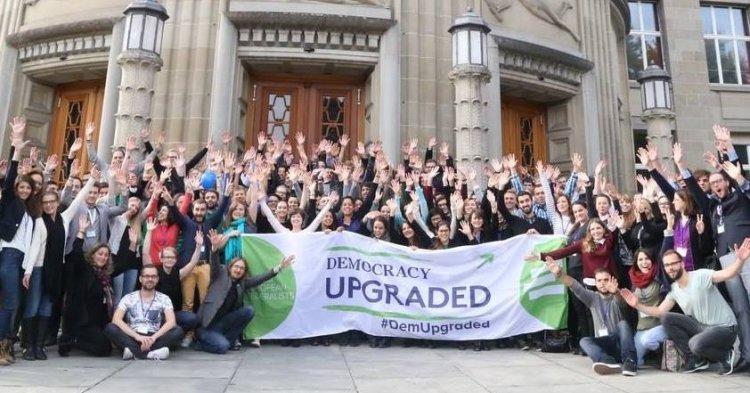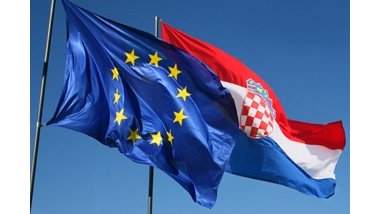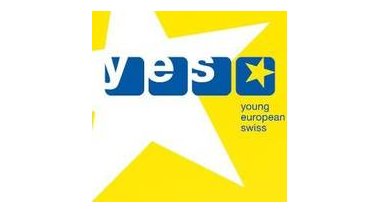It seems that everywhere in the EU people want to have a say, and it also seems that those who are most committed in using this tool of direct democracy, where applicable, are those who somewhat want to challenge EU institutions and governments in office. Just to remain in the field of EU-related topics, in Italy too the 5-Stars Movement has tried unsuccessfully to trigger a referendum for leaving the Single Currency. This even though the Constitution of the country clearly states that referenda cannot concern international and fiscal policies.
What does referendum mean?
A Referendum is a meaningful instrument, but it should neither be worshipped nor watered down in its importance. In many cases referenda were used to give legitimacy to governmental policies and to kill off undesired proposals. Not all European countries allow them and many of them set strict standards on their use and their effectiveness. Sometimes referenda have an ironic outcome: this is when the “most democratic” institutional instrument concerns the lives of other citizens, who had a limited or had no say on something strongly affecting themselves. This was the case of the Swiss referendum on EU immigration in 2014, and of the coming Dutch referendum on the EU-Ukraine agreement. Particularly in this case, the Dutch referendum may be used to veto a decision which should be made at EU level, even if the other countries already signed the agreement.
The Greek referendum highlighted a weak point: the lack of a single EU Polity, or a Union of polities, when it comes to instruments of direct democracy. Greek citizens were asked to answer a question which would have affected not only their own fiscal policies, but the fiscal policies of the other Eurozone countries and perhaps the whole architecture of Eurozone Governance. As expected many media outlets and politicians, sometimes in very populistic ways, demanded referenda in their own countries, asking for a plebiscite against bailing Greece out, and even asking for the expulsion of Greece from the Eurozone. Many commentators and ordinary citizens found somewhat outrageous, that Mr Tsipras used that referendum as a tool to delegitimise the democracies and constitutional systems of other Euro Partners.
In the Union and in the Eurozone we are facing common problems that should be resolved as a single polity. Many people would disagree and say that this is a limitation of the freedom and rights of the citizens, but in such a situation we need to have a single legislation on referenda, which should be based on a simple principle: the EU/Eurozone issues should be decided through EU/Eurozone referenda, and no country should be allowed to decide on issues affecting other countries alone, but along with the others, on a continental base. Every country should remain free to decide on their own legislation regarding their own national policies.
Applying the principle of subsidiarity.
This implies that the EU member states, with the reform of the treaties, should finally introduce an EU level referendum and decide the criteria which makes calling EU-wide referenda possible. If people want to have more say, this should be according to the principle of subsidiarity.
From a federalist perspective the latter would be the preferable solution. It would mean that a single polity and a single Demos exist. 28 and more different referenda on the same question on national basis would not solve the problem, if the national veto power remains and the institutional framework remains unchanged. Above all that would mean that the European polity remains divided into different national ones.
A few days ago in Zurich the Young European Federalists stood outside their Congress Venue holding a banner with some clear words “Democracy Upgraded”. This could be the upgrade that the Union needs. The anti-Europeans used to proclaim themselves “Champions of democracy”. It is time to answer and show them who the real champions are.






Follow the comments: |
|
